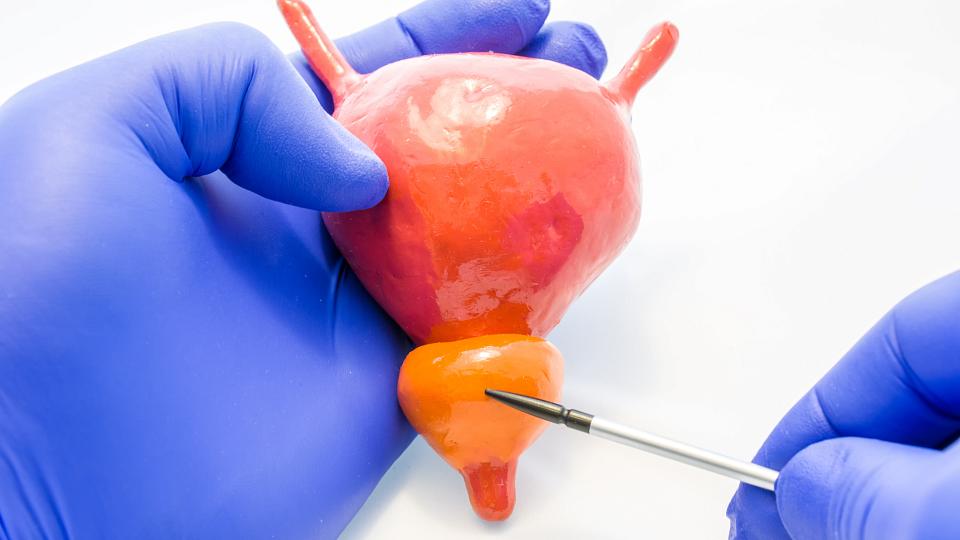Risky Business
As your insurance company will tell you, being a teen or young adult is risky business. Which isn’t to say it has to be, just that you have a lot of choices ahead of you. To make the best choices, you should see a family care (also called primary care) doctor on a regular basis. These checkups will help you monitor your health and be aware of what you can do to stay healthy in the future.
Choose Preventive Health
Setting good habits now will help you keep your body at its best. Think about what you eat and learn about how it affects your body. Try different kinds of exercises and sports activities to find a cardio exercise that helps you feel good.
Exercising regularly will help you avoid obesity in the future and keep your heart and lungs in good condition. It will also help you balance your school, work, and social life.
Anxiety, depression, and stress can be major game changers at this time of your life. Don’t hesitate to get help if you feel overwhelmed. Create a support group for yourself with friends who care about you, parents, and school counselors (they get paid for something, right?).
Remember that drugs, violence, and suicide are not answers or solutions to the emotional stress you feel. They will make the problem worse. Exercise is also a good outlet if you feel this emotional overload.
Educate Yourself About Sexual Health
If you are sexually active as a teen and young adult, you are at a higher risk of getting a sexually transmitted disease (STD) than at any other time of your life.* When visiting your family care provider, be sure to get a screening for STDs. Your family care doctor is a good source of information about sexual health and preventing STDs as well.
Taking the time to create good health habits now will shape the rest of your life. Not only will your health be better but also your quality of life. Having good health can also help you be successful whatever career path you choose in life.
*Kaiser Family Foundation, “Sexual Health of Adolescents and Young Adults in the United States.”








